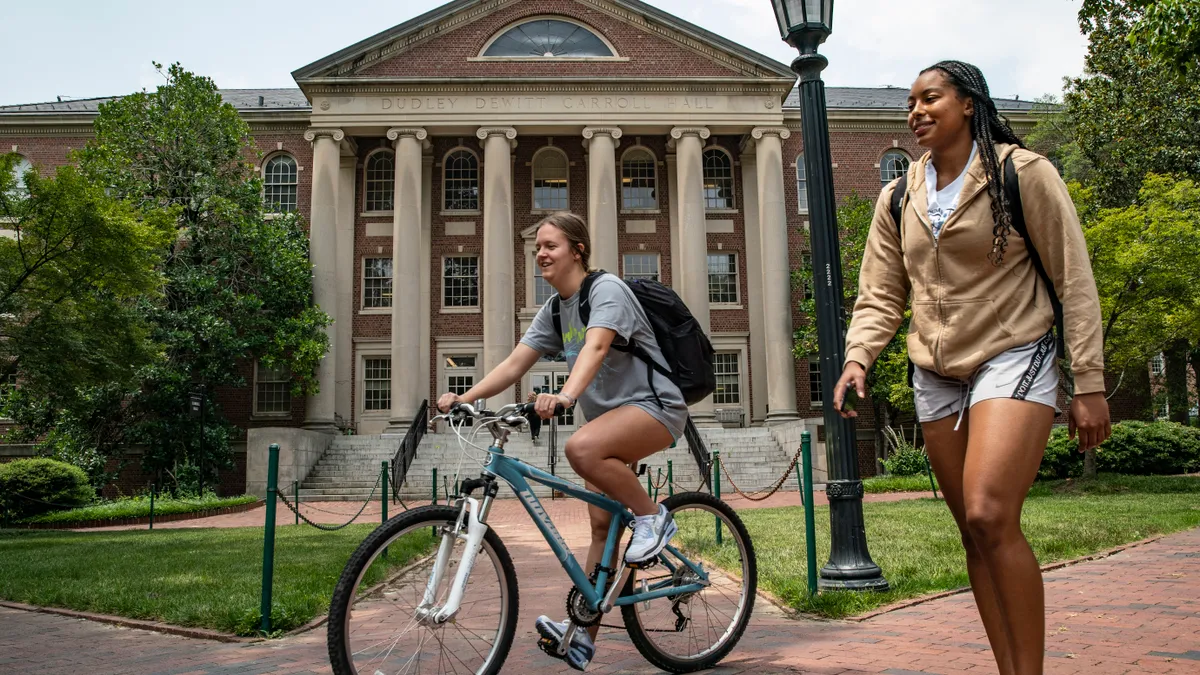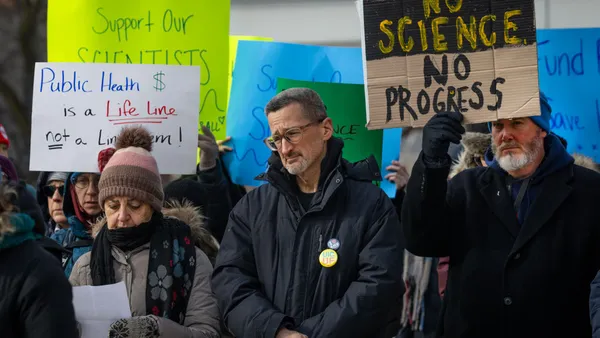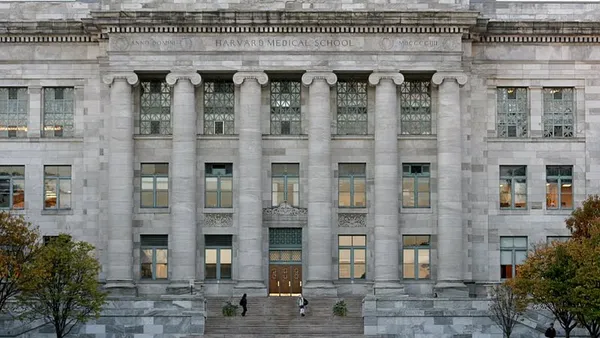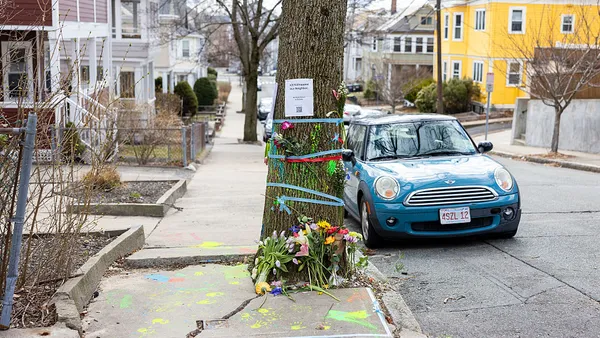Dive Brief:
- Colleges within the University of North Carolina’s 17-campus system will need to reassess the responsibilities and duties of their diversity, equity and inclusion roles, according to guidance issued by the system's legal affairs division last week.
- The guidance comes after UNC’s governing board voted in late May to adopt a policy that eliminates funding for the system’s DEI initiatives and commits to “institutional neutrality” — meaning campus statements and administrators won’t endorse political or social views.
- The four-page guidance offers a look at how UNC’s campuses will be expected to carry out the policy. The system is one of many higher education institutions that have rolled back DEI efforts amid a conservative-led crackdown on such efforts.
Dive Insight:
The board’s May vote repealed policies that, in part, required each UNC campus to hire diversity and inclusion officers and work toward DEI goals. The board gave each campus leader until Sept. 1 to detail what job description changes and spending and workforce cuts they’ve made to comply with the new policy.
Although last week's guidance doesn’t say if colleges need to eliminate roles currently devoted to DEI, it stresses that they can’t merely change employees' titles.
“The actual work of the University must return to advancing the academic success of students with different backgrounds not different political causes — job titles and responsibilities should follow suit,” the guidance says.
To define student success, the legal division points to UNC’s strategic plan, which prioritizes improving the four-year graduation rate and closing racial and ethnic achievement gaps.
Friday's guidance places emphasis on the role student communities play in helping colleges reach those goals.
“University-fostered groups — even those associated with immutable characteristics — are not prohibited generally by the Policy so long as the programs are nondiscriminatory and do not stray into political or social advocacy or commentary,” the guidance states.
And colleges can still target certain groups of students with success initiatives, the guidance said. That includes efforts “tailored to the experience of students based in part on their race, sex, nationality, or any other identifying characteristics.”
The new policy "focuses on the content of programming and not the characteristics of the students receiving that support,” it explains.
In a message to campus chancellors sharing the guidance, UNC President Peter Hans stressed this point.
“Targeted initiatives to support specific student populations are well within the scope of the revised policy, provided they abide by nondiscrimination statutes and do not require students, staff, or faculty to adopt a political viewpoint as a condition of participation,” Hans said.
As an example, the guidance points to an initiative designed to aid student veterans. This type of effort would be allowed, though it would fall out of compliance "if its programming included endorsement by university employees of a view for or against American foreign policy.”
It also explains how colleges are expected to remain politically neutral when issuing statements.
“Campuses should reject the premise that making a public statement is the only way to support a particular group of students,” it states. “If a campus chooses to speak in support of its students, the statements should focus on just that — the affected students — without delving into political, policy, or social advocacy.”
Hans argued that the new policy is a “powerful affirmation of academic freedom,” noting that students and faculty aren’t expected to remain neutral.
“The goal of principled neutrality is to prevent administrative staff from establishing official stances on contentious issues, precisely so that faculty remain free to teach and research,” Hans said to the chancellors.
Some students and faculty have vocally opposed the policy change, arguing that DEI programs help students access the resources they need. During protests over the change outside of the May board meeting, two people were arrested, CNN reported.













